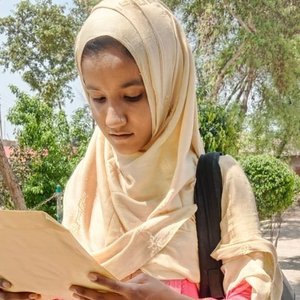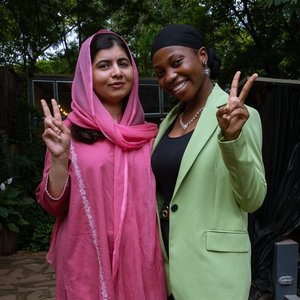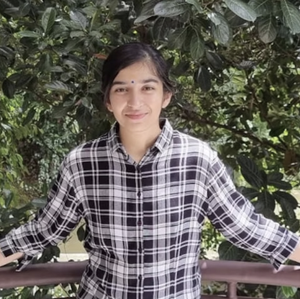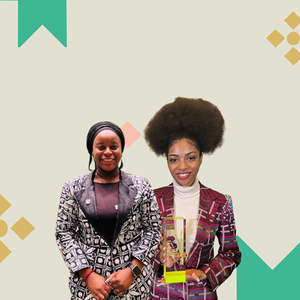My life before and after the Taliban takeover
Students attend university in Afghanistan in July 2010. (Image courtesy of Majid Saeedi via Getty Images)
An Afghan university student shares how the current crisis has affected her education and her message for world leaders.
I was 6 years old when my mother held my hand and took me to the classroom for the first time. I enjoyed going to school right from the beginning — mostly because they gave us books, biscuits and other school materials. It was a good method not only to attract students to school but also to motivate families to enrol their children.
As I got older, I grew more interested in my lessons and the things that were taught. I became the most active student in the class. I used to stay awake studying at night because I wanted to be the best. I loved competing with others and received many awards for getting good grades.
I faced some challenges when I entered grade 12. My biggest dream was to study medicine at university and I did everything I could to achieve that goal. But I think God had chosen a different path for me, something better. After taking Kankor, the university entrance exam in Afghanistan, I didn't receive the score required to study medicine and was admitted to another science degree instead.
“I went to the library and met new classmates. I joined the students’ union and research organisations. I had plans to get a master’s degree and a Ph.D. I was going to be called a doctor. I was expecting to have a job within a few years.”
Everything was going well at university, although not as well as it should have been because of the COVID-19 pandemic. Nevertheless, it was a very amazing and exciting time. I went to the library and met new classmates. I joined the students’ union and research organisations. I had plans to get a master’s degree and a Ph.D. I was going to be called a doctor. I was expecting to have a job within a few years. There were challenges — the economic crisis, lack of work, poverty, the existence of ethnic, racial and linguistic prejudices and gender discrimination. But things were going well and my future was bright.
Now because of the Taliban’s takeover, young women like me have lost all hope. After two decades of being able to live our lives and dream big for the future, all that progress is gone. Our country has not gone back to 20 years earlier; we’ve gone back to centuries earlier. Afghan girls and women aren't able to learn. We can’t work. We don’t have any opportunities. These are the most difficult days of my life. I urge my fellow girls, my people and the world to never forgive the Taliban for what they have done and are doing.
“Now because of the Taliban’s takeover, young women like me have lost all hope. After two decades of being able to live our lives and dream big for the future, all that progress is gone. Our country has not gone back to 20 years earlier; we’ve gone back to centuries earlier.”
As an Afghan girl living in these conditions, I am calling on the international community and all world powers to do something for my people, particularly us girls and women. World leaders must not recognise the Taliban while they restrict the rights of girls and women. Afghan girls don’t ever want to go back to how things were. We don’t want to receive lashes or remain at home. We want the freedom to dream of becoming psychologists, engineers and journalists — and the opportunity to achieve those dreams.
My message to all Afghan girls in pain is as follows: Please do not tolerate imprisonment and misery. Please know that you are not alone. With resistance and integrity, we stand united. We know our potential and what we’re capable of. And we must never forget that.
Editor’s note: Aazosh is a pseudonym.
 Read more
Read more












